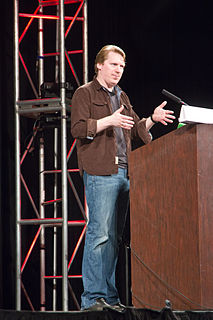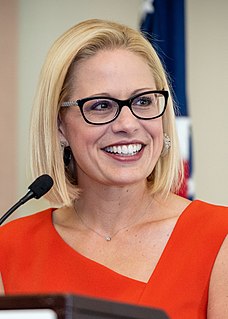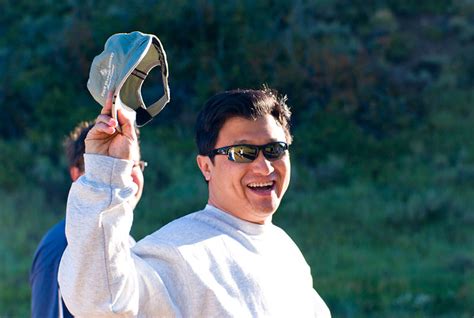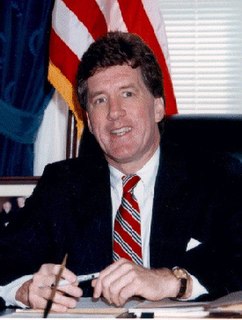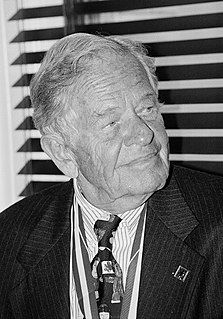A Quote by Michael Bloomberg
Keep in mind, Mike Bloomberg's kids and grandkids are breathing that air just like the coalminers' families are breathing that air. And the coalminers are the ones that have the conflict. They want their jobs, I understand that. They need to be able to feed their families. They also have to worry about their health and the health of their families.
Related Quotes
The number one thing I will take with me is my experience as a social worker who saw what happened to families who couldn't find jobs, struggled to take care of their health and saw opportunity slipping away for their kids. I ran for Congress because politicians were fighting with each other instead of looking out for these families.
These are things that we hear from military families everywhere we go. But it - on PTSD, the thing that I want to make sure people understand is that the vast majority of veterans and military families aren't dealing with any kind of mental health. But there are - these are what are called the invisible wounds of this war. And many times they don't present.
We urgently need a debate about the best ways of supporting families in modern America, without blinders that prevent us from seeing the full extent of dependence and interdependence in American life. As long as we pretend that only poor or abnormal families need outside assistance, we will shortchange poor families, overcompensate rich ones, and fail to come up with effective policies for helping families in the middle.
That air. The air afterwards. I wanted to breathe it in. It felt right to breathe it in. Because we were breathing them in, weren't we? And the building. We were breathing it all in. And I thought, there's a part of this that's actually a part of me now. I now have that responsibility. I am alive, and I am breathing, and I can do the things this dust can't do.




